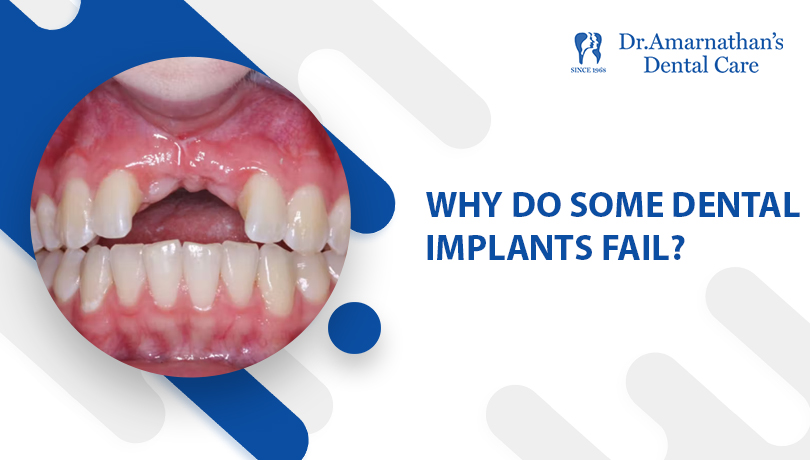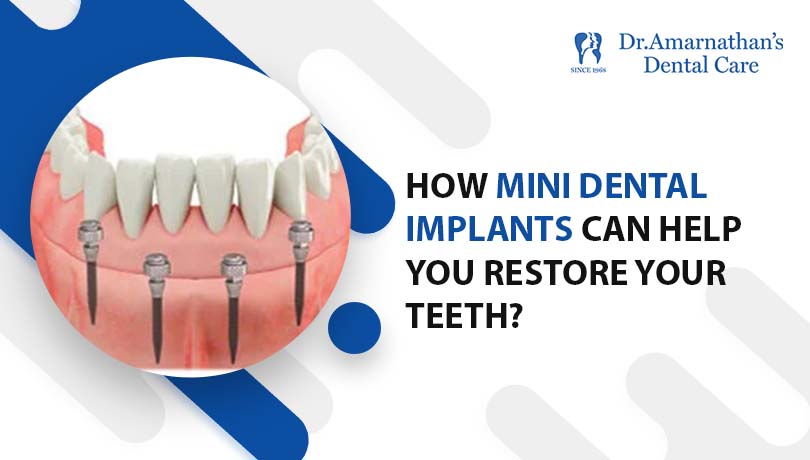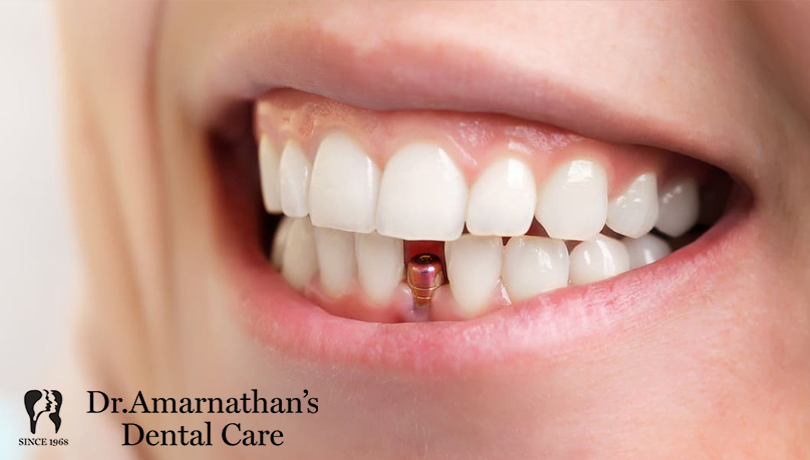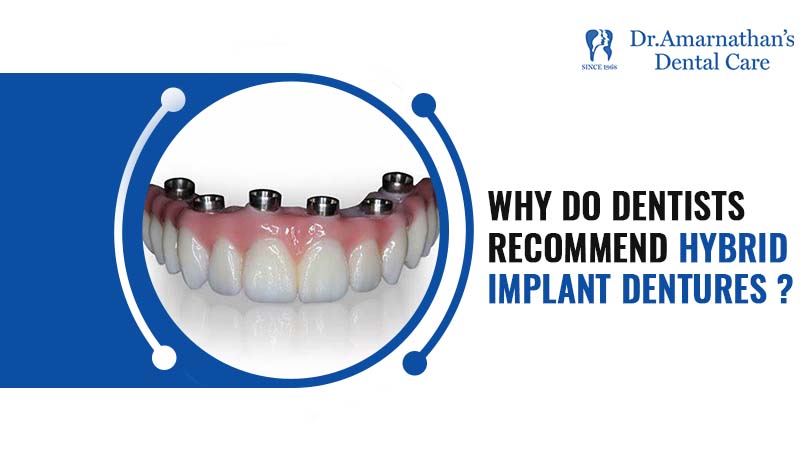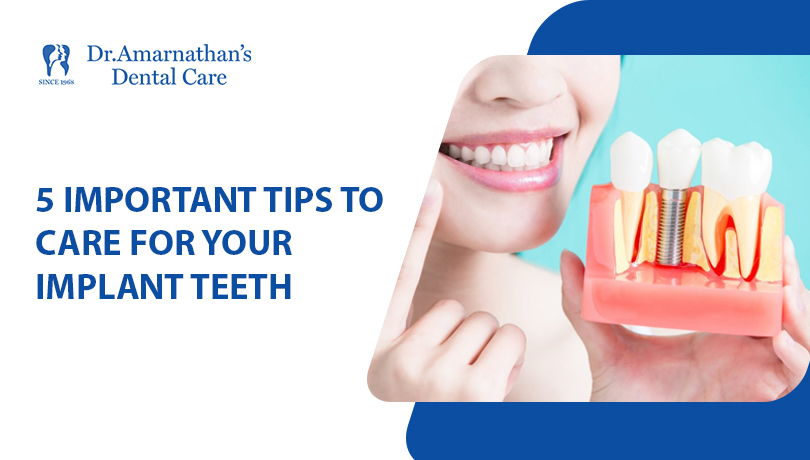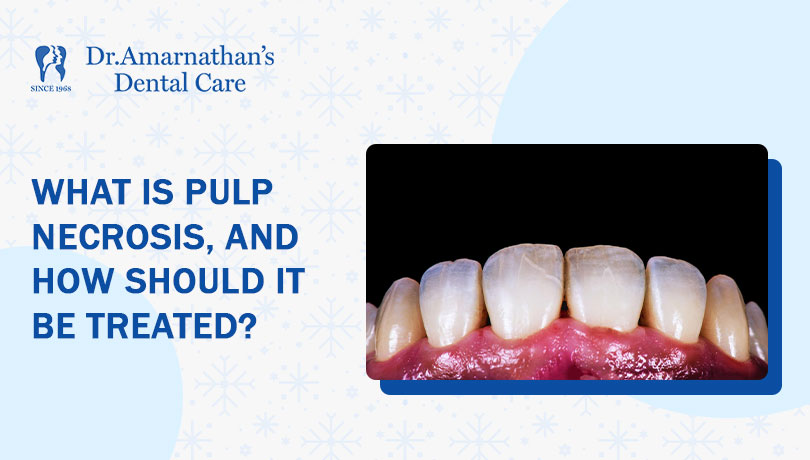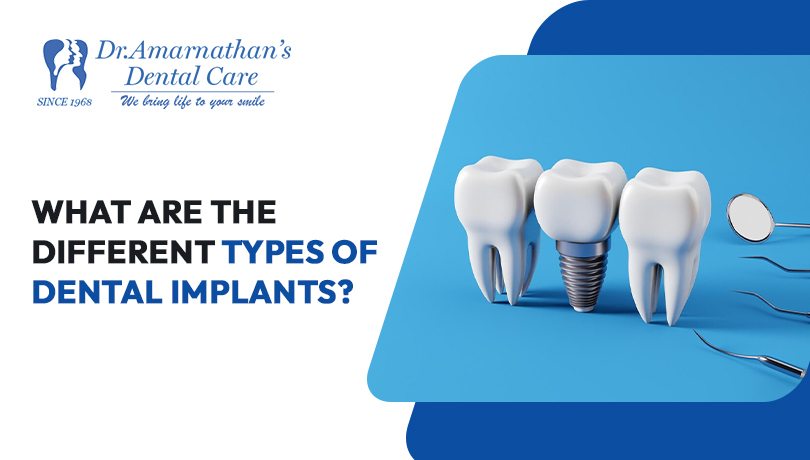
What are the different types of dental implants?
If you are considering dental implants to restore your smile and improve your oral health, you may be overwhelmed by the different types available. With advancements in dental technology, there are now various options to choose from when it comes to dental implants.
Dental implants have become a popular and effective solution for replacing missing teeth. They provide a long-lasting, natural-looking alternative to traditional dentures and bridges. However, not all dental implants are the same, and each type has its unique benefits and considerations.
Choosing the right type of dental implant is essential for achieving the best results and ensuring the longevity of your oral health. In this article, we will explore the different types of dental implants available and discuss the pros and cons of each, helping you make an informed decision about which option is right for you.
What are dental implants?
A dental implant is a thin metal post that is surgically placed in your jawbone to replace a lost tooth. Once the implant is in place, it works like the root of a natural tooth, providing a strong foundation for a replacement tooth (such as a crown) to be fixed.
It allows the alternative tooth to look, feel, and operate exactly like your original teeth. Dental implants are made of safe materials for your body, like titanium, and can help you eat better, talk more clearly, and smile confidently.
Who needs Dental Implants?
People who require dental implants usually include those who:
- Have lost one or more teeth as a result of accident, decay, or gum disease.
- Want a more long-lasting option than dentures or bridges
- Have strong general oral health and enough jawbone to hold the implant in.
- Strive to increase their capacity to chew and talk correctly.
- Want a natural-looking replacement for missing teeth to improve their appearance and confidence.
Benefits of Dental Implants:
Dental implants provide various benefits, including:
Natural Look and Feel: They appear and act like genuine teeth, brightening your smile and instilling confidence.
Improved comfort: Implants, unlike dentures, are permanently attached and provide a more pleasant fit.
Better Eating and Speaking: Implants help you to enjoy your favorite meals and talk more clearly without concern.
Durability: Dental implants can endure a long period, if cared for properly.
Bone Health: Implants assist in preserving the integrity of the jawbone, avoiding bone loss caused by missing teeth.
Convenience: Implants, unlike dentures, do not require messy adhesives; instead, they are a permanent answer.
Oral Health: They do not need the alteration of surrounding teeth, allowing your existing teeth to remain healthy.
Dental implants are a safe and effective option to restore your smile and oral function.
Different types of dental implants
Endosteal implants:
Endosteal implants are tiny titanium screws that dentists put directly into your jawbone. They are the most frequent form and function effectively provided your jaw has enough healthy bone. These implants give a solid basis for prosthetic teeth (crowns).
Who can choose: Endosteal implants are ideal for those who have a healthy, thick jawbone and are searching for a long-lasting, natural-looking tooth replacement.

Subperiosteal Implants:
Subperiosteal implants are put behind your gums but above the jawbone. They are made of a metal frame that rests on the jawbone and behind the gum tissue. These implants are utilized when there is insufficient bone height for endosteal implants or when bone grafting is not an option.
Who can choose: Subperiosteal implants are appropriate for people who do not have enough bone height for standard endosteal implants and cannot undergo bone grafting.

Zygomatic implants:
Zygomatic implants are longer than other varieties and attach to your cheekbone (zygomatic bone) rather than the jawbone. They are utilized when there is substantial bone loss in the upper jaw and standard implants or bone grafts are not viable.
Who can choose: Zygomatic implants are ideal for people who have substantial bone loss in their upper jaw and cannot benefit from standard implants or bone grafting.
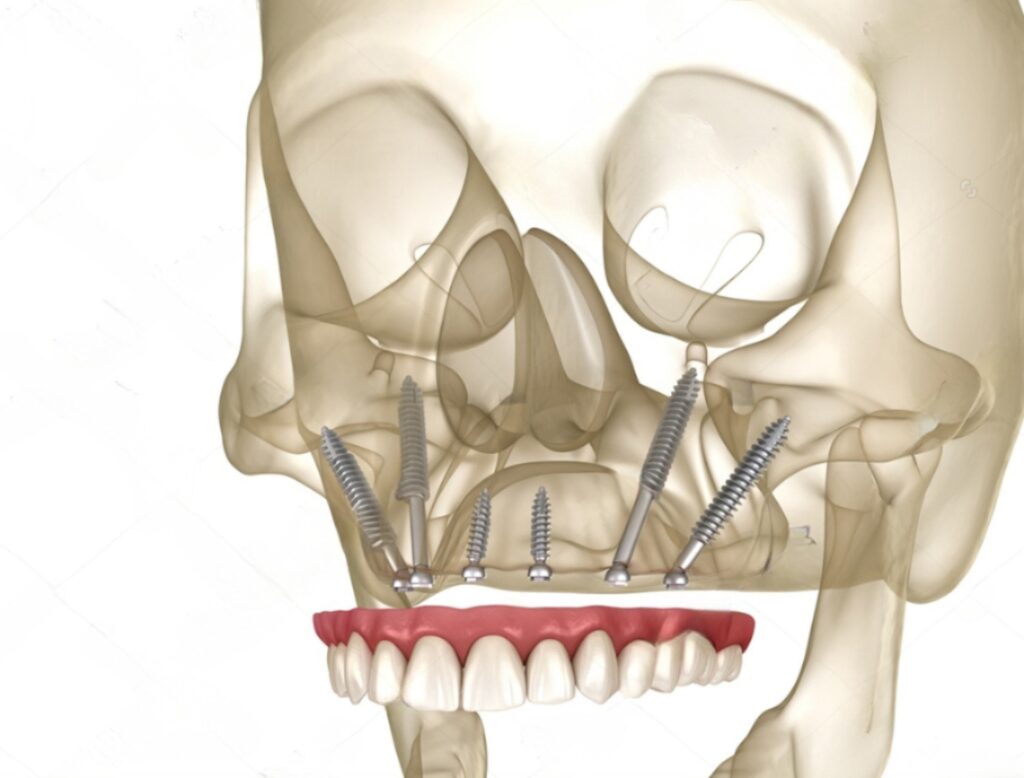
All-on-four implants:
All-on-4 implants support a whole arch of teeth with only four implants precisely inserted in your jawbone. This procedure is useful for patients who want full upper or lower tooth replacements but prefer a faster alternative without invasive surgery.
Who can choose: The ideal candidate for All-on-4 implants is someone who requires a complete arch tooth replacement and prefers a solid, long-term treatment that does not require substantial bone grafting.
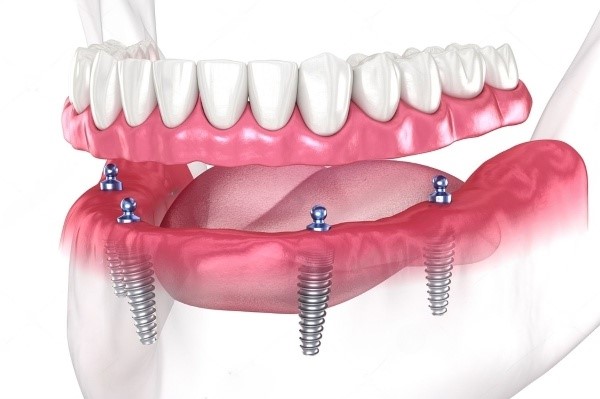
Mini Dental Implants:
Mini implants are smaller in diameter than standard implants and are commonly used to maintain dentures or individuals with low jawbone density. They need fewer intrusive procedures and give stability for detachable dentures.
Who can choose: Mini dental implants are ideal for people with insufficient jawbone density or who want a less intrusive and faster way to maintain their dentures.

Choosing the proper type of implant is determined by your jawbone health, the number of teeth to be replaced, and your dentist’s suggestion based on your specific dental needs. Each variety has particular benefits for restoring your smile and improving your chewing skills.
Conclusion:
Finally, understanding the various types of dental implants will help you make an informed decision about which option is best for your dental requirements. Whether you need to replace a single tooth or a whole arch, there is a dental implant option for you. Consulting with your dentist can help you pick the best kind to restore your smile and enhance your oral health.
Frequently Asked Question
-
What are the 3 types of dental implants?
-
What are the side effects of dental implants?
-
How long do teeth implants last ?



